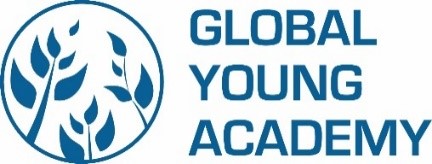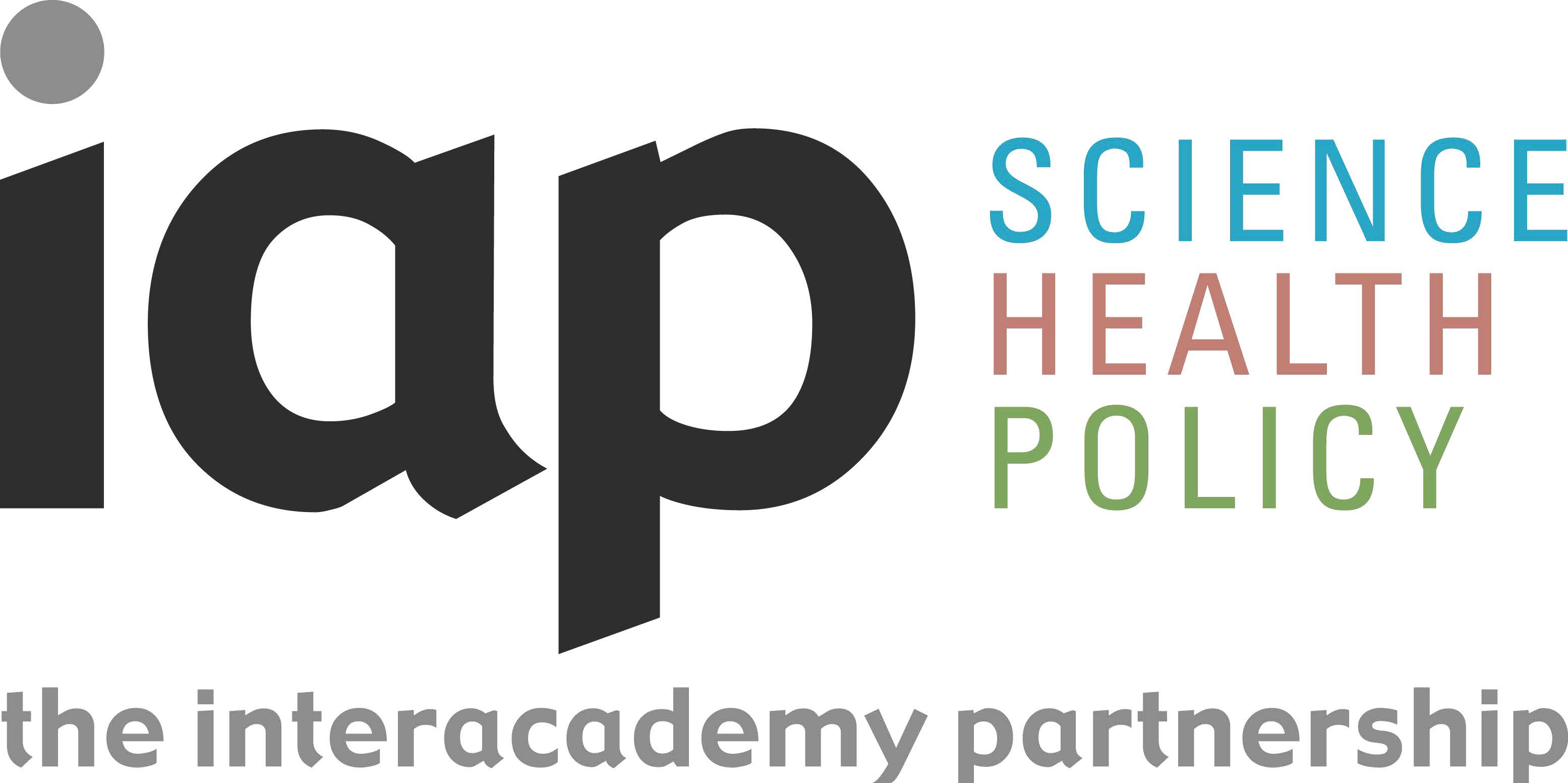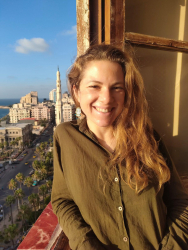


Evaluation practices are used to assess research proposals for funding decisions, research papers for publication, researchers for recruitment or promotion and the performance of research institutions and universities among other reasons. “A dynamic and inclusive research system is profoundly important to attract the best young talent to work towards addressing increasingly urgent global challenges”, points out Priscilla Kolibea Mante, GYA Co-Chair.
The research system is under pressure due to increasing expectations from multiple actors including funders, governments and the publishing industry, tensions between dynamics of competition and cooperation, an evolving scholarly communication system, a sometimes aggressive publishing and data analytics industry, and limited resources. If not managed, these issues can interfere with a just and fruitful assessment of research. The research enterprise must manage these demands and tensions while maintaining research quality, upholding research integrity, being inclusive and diverse, and safeguarding both basic and applied research.
The GYA, IAP and ISC Centre for Science Futures joined forces to take stock of debates and developments in research evaluation worldwide, drawing on a scoping group of scientists and a series of regional consultations. With a focus on public-sector research and the evaluation of research and researchers, the discussion paper is global in perspective, covering an agenda that is usually dominated by developments in Europe and North America.
Research incentive and reward systems, e.g., in Africa tend to reflect “international”, primarily Western, norms and conventions, but they are not always appropriate for local knowledge and needs and tend not to account for research for societal benefit. Moreover, publication models are often not context-sensitive, creating barriers to African research output.
“Thanks to the work of the scoping group, our working paper analyses diverse research cultures and systems, and explores ways in which they might participate in and influence the reimagining of research evaluation and assessment for the 21st century, in an open and inclusive way,” highlights Peter Gluckman, ISC President.
The global and collective memberships of the GYA, IAP, and ISC represent a broad cross-section of the research ecosystem whose diverse mandates can facilitate genuine systemic change. Recommendations by the three organizations and their members put forward in the working paper are structured around their roles as advocates, exemplars, innovators, funders, publishers, evaluators, and collaborators, with indicative timeframes for action.
Reinforcing this point, Masresha Fetene, IAP Co-President, underlines that “The GYA, IAP and ISC can provide intellectual leadership on the future of research evaluation and lead by example in shaping what success as a scientist looks like.”
The full synthesis paper ‘The Future of Research Evaluation’ is available here.
Note to editors: GYA, IAP and ISC Scoping Group members are available for interviews.
Press contacts:
Jim Curtiss, Senior Communications Officer, Global Young Academy, james.curtiss@globalyoungacademy.net
Sofia Nitti, Communications Assistant, InterAcademy Partnership, snitti@twas.org
Dureen Samandar Eweis, Science Officer, International Science Council, dureen.eweis@council.science
The vision of the GYA is science for all; science for the future, and its mission is to give a voice to young scientists and researchers around the world. The GYA, founded in 2010, is an independent science academy of 200 outstanding early- to mid-career researchers from six continents who are selected from across disciplines based on their academic excellence and commitment to engage with society. GYA members serve five-year terms, and the GYA presently counts members and alumni from 100 countries. The GYA administrative Office is publicly funded and hosted at the German National Academy of Sciences Leopoldina. The wide array of GYA activities are supported by a range of international public and private funders. You can visit the GlobalYoungAcademy here, subscribe to the GYA Newsletter; and follow GYA on Twitter and YouTube.
Under the umbrella of the InterAcademy Partnership (IAP), more than 140 national, regional and global member academies work together to support the vital role of science in seeking evidence-based solutions to the world’s most challenging problems. In particular, IAP harnesses the expertise of the world's scientific, medical and engineering leaders to advance sound policies, improve public health, promote excellence in science education, and achieve other critical development goals. IAP academy members constitute more than 30,000 leading scientists, engineers and health professionals in over 100 countries. A central focus of IAP's mission is to reach out to society and participate in discussions on critical global issues in which science plays a crucial role, and since its inception in 1993, IAP has been producing statements on issues of fundamental importance to humanity. These statements – which are released only once they have been endorsed by the majority of IAP members – are not only a reflection of the major issues that confront society but are also evidence of IAP's ongoing commitment to society. More information about IAP can be found at www.interacademies.org, on Twitter at @IAPartnership, on LinkedIn and YouTube.
The International Science Council (ISC) is a non-governmental organization that convenes the scientific expertise and resources needed to lead on catalyzing, incubating and coordinating impactful international action. It is the largest organization of its kind to bring together natural and social sciences for the global public good, bringing together over 200 international scientific unions and associations as well as national and regional scientific organizations including academies and research councils. The ISC Centre for Science Futures is an in-house think tank whose primary objective is to provide thought leadership and guidance on science for policy and the future of the scientific ecosystem. It aims to improve our understanding of current trends in science and research systems, and to provide options and tools for appropriate action. The Centre will cater to members of the ISC and the broader scientific community. You can visit the ISC Centre for Science Futures here and follow the Centre on LinkedIn and Twitter.



